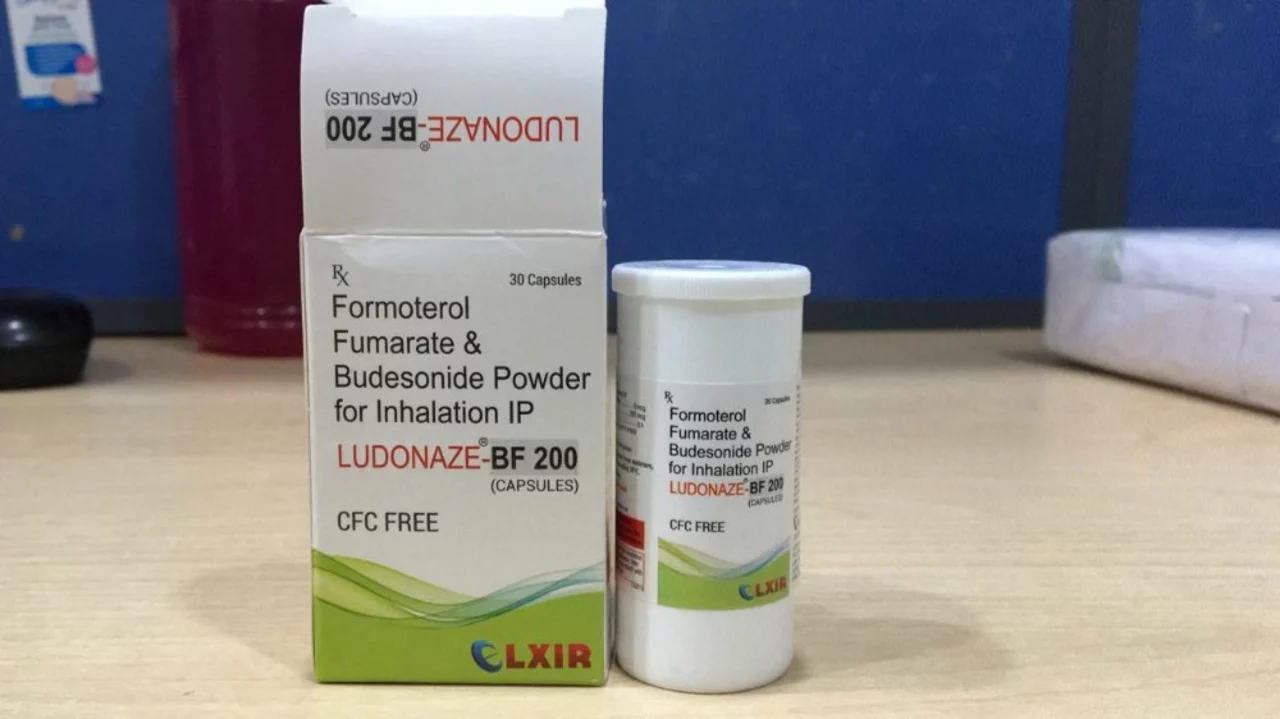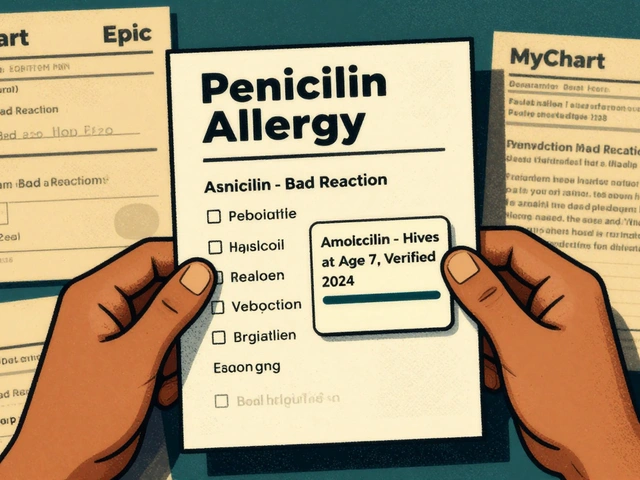Travel and Medication: How to Keep Your Meds Safe on the Road
Missing a dose or losing a prescription abroad can ruin a trip fast. Travel should be about seeing new places, not stressing over pills. Use these clear, practical tips to manage prescription and over-the-counter meds whether you're on a weekend trip or a long journey.
First, pack smart. Carry your meds in your carry-on, not in checked luggage. That keeps them with you if bags are delayed or lost. Keep pills in their original bottles so pharmacy labels and dosing info are visible. Bring a small pill organizer for daily doses, but keep the original bottle tucked inside your bag as proof of prescription.
Paperwork matters. Print or save a copy of your prescriptions and the prescribing doctor’s contact info. If you take controlled or injectable meds, carry a doctor’s note that explains why you need them. Store digital copies in a secure app or cloud folder so you can access them on arrival if needed.
Temperature, storage, and special meds
Some drugs need cool storage. If you use insulin or other temperature-sensitive meds, use an insulated travel case and a small gel pack. Check airline and hotel policies in advance—some hotels can store medicines in a fridge. Never freeze meds unless instructed.
For injections or sharps, pack a rigid, labeled container for disposal. Many countries restrict transporting syringes without documentation. Research local rules before you go to avoid confiscation at customs.
Getting meds while away and buying online
If you lose medication or run out, start by contacting your home pharmacy or doctor. They may send a short refill or suggest a local clinic. When buying online while traveling, use well-known, licensed pharmacies only. Watch for signs of scams: no pharmacist contact, prices that are unbelievably low, or sites that don't require a prescription for prescription drugs.
Know local laws. Some common medicines at home are controlled in other countries. Simple cough syrups or certain painkillers can be illegal to import. Check the embassy or official health sites for rules on specific drugs before you leave.
Pack extras. Bring at least a week's worth of extra medication in case of delays. If you have a chronic condition, plan for extended travel with a refill strategy. Consider mailing meds ahead to your destination if you’ll be staying long-term and local pharmacies can’t fill your prescription.
Finally, keep a small travel health kit for over-the-counter basics: anti-diarrheal, a fever reducer, bandages, and any personal allergy meds. That reduces panic when a minor issue appears. With clear papers, smart packing, and a backup plan, you’ll spend less time worrying about meds and more time enjoying the trip.

Traveling with my budesonide formoterol inhaler is easy and stress-free when I follow these simple tips. First, I always keep it in my carry-on bag to ensure it's readily accessible during my journey. Second, I carry a copy of my prescription and a doctor's note to avoid any issues at security checkpoints. Third, I make sure to pack enough medication to last the entire trip, plus some extra in case of delays. Lastly, I stay mindful of my asthma triggers and take necessary precautions to prevent flare-ups while exploring new destinations.
Continue Reading





